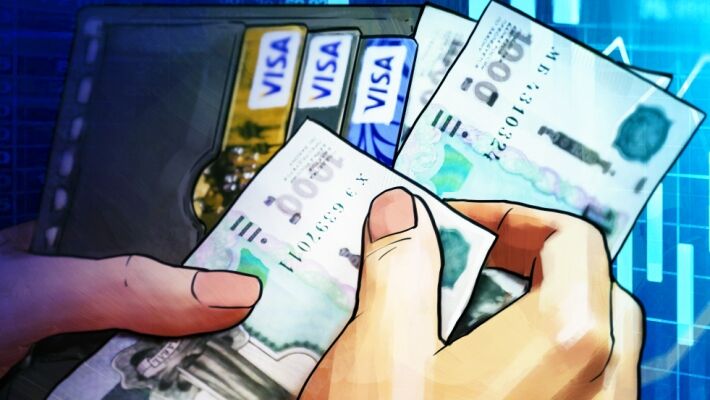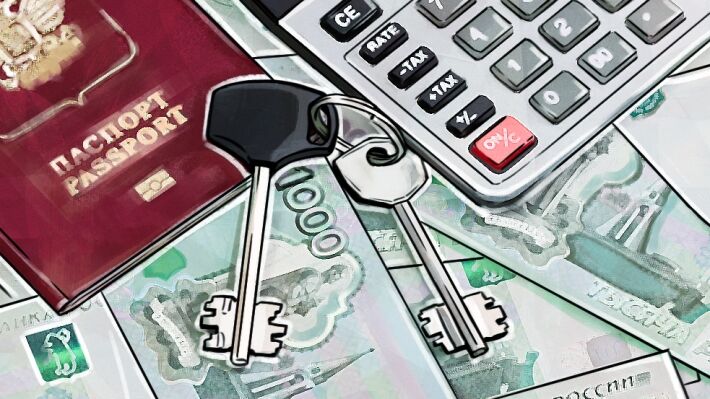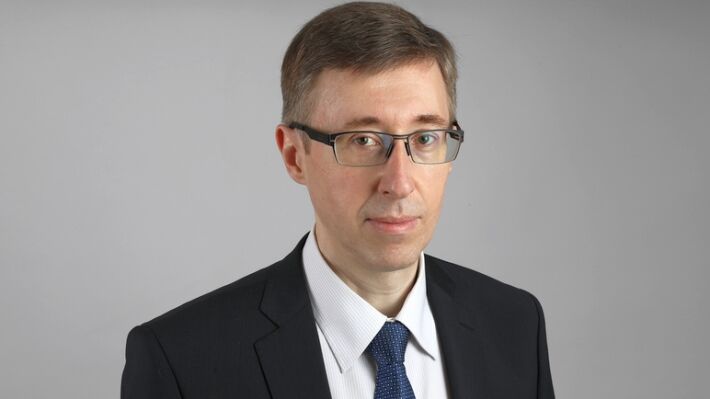Regulatory relief amid coronavirus spread exacerbates unsecured loan growth, and also led to a decrease in the standards for the formation and quality of loan portfolios.

According to the results 2020 year, the burden on consumer loans increased to 61 %. Things are better with mortgages, Where, in front of, there is a slight decrease to 56 %. However, both values are still very high..
Risks at risk
Currently, some domestic banks, when considering loan applications, consider the amount of debt burden in 80%. IN USA, eg, this threshold does not exceed 50%. Otherwise, it is recognized as prohibitively large and mechanisms are turned on, aimed at alleviating this burden.
It is not excluded, that this year financial institutions will decide to increase the requirements for borrowers, will more actively differentiate approaches in relation to various categories of citizens and objects of collateral. If now, to assess the applicant's solvency, several certificates and reports on his condition are required, then, in the future, banks will want to actively develop integrated assessment mechanisms. it, in its turn, will make debts more manageable.
Approaches to the issuance of certain loans may fundamentally change in the medium term. Banks traditionally prefer to retain potential customers, offsetting the risks of the borrower or the project with higher interest rates – someone refuses a loan application immediately, and someone prefers to "overpay", but take advantage of the available product. But soon in Russia, mechanisms for assigning personal credit ratings to agencies will begin to develop more actively..

Expected, that the techniques will be predominantly standardized, and, if the indicator is below the threshold, a person will not be able to count on getting this or that loan in principle, since the bank will not be able to compensate for this risk. The new approach could negatively affect the interests of high-risk borrowers, but will significantly increase the stability of the system as a whole.
probably, at 2021 year, there will be a general increase in lending volumes, although the structure of supply and demand for loan products will change. The relative stabilization of the economic situation and the long period of soft monetary policy make it possible today to take loans comfortably, who have not suffered much from the lockdown and the drop in income. Such consumers are free from financial bondage and can afford to plan expensive purchases or investments.. This may be the cost of acquiring or building a summer house., improvement of living conditions, vehicle update, investment in business and the like. The most financially vulnerable groups of the population still have risks of further growth in the credit burden..
Rescue of the drowning
You shouldn't expect direct support measures from commercial banks. This is not their function.. At the same time, programs for the purchase of goods or services in installments will continue to expand., when the bank, in fact, acts as an agent for sellers, not a lender for a buyer. The trend is actively developing with 2020 of the year, which allows maintaining demand for a significant segment of the business.

State support programs, most likely, become more targeted. A good and popular option could be a new banking product - reverse mortgage. Such a project will be especially relevant for singles or senior citizens who do not support family relations.. A person retains ownership of their property, continues to use it without restrictions, receives supplemented monthly payments, significantly improves its current consumption capabilities, quality of life and total effective demand in the economy as a whole. In contrast to the existing scheme of selling housing with a life annuity, there are practically no risks of falling into the field of vision of "black realtors", there is no direct interest of the payer in the maximum reduction of the so-called "survival period" and the percentage of refusal in a loan for emergency expenses is reduced due to age and current income level.
Who will support banks and the population
The reverse mortgage mechanism itself looks unusual and even exotic, and implementation will require serious joint work of the state and banks, detailed regulations and guarantees for both parties to transactions. But it is economically justified: first you pay the bank the mortgage for the apartment, and in case of vital necessity, the apartment will allow for a long time to receive additional regular payments from the bank.

In fact, a person has the opportunity to gradually spend the cost of his own real estate for current needs, rather than passing it on as a completely indivisible object to children and grandchildren, while experiencing serious financial difficulties in the present. The interests of the heirs may suffer, and the interests of the owner – no.
But you should not seriously rely on massive preferential products from banks with the support of the state.. According to the results of last year, the financial resources of the federal center have significantly decreased, and the ability to compensate for the loss of income of banks in the implementation of preferential programs is very limited. The main support mechanism for both banks, so for the population there should be effective stimulation of economic growth, followed by an increase in real disposable income, which will automatically reduce the debt burden on existing liabilities, will increase the demand for investments in the real sector and will increase the number of persons, able to save.
Dmitry Desyatnichenko, PhD in Economics, Associate Professor of the Department of Economics of the North-West Institute of the Russian Presidential Academy of National Economy and Public Administration











